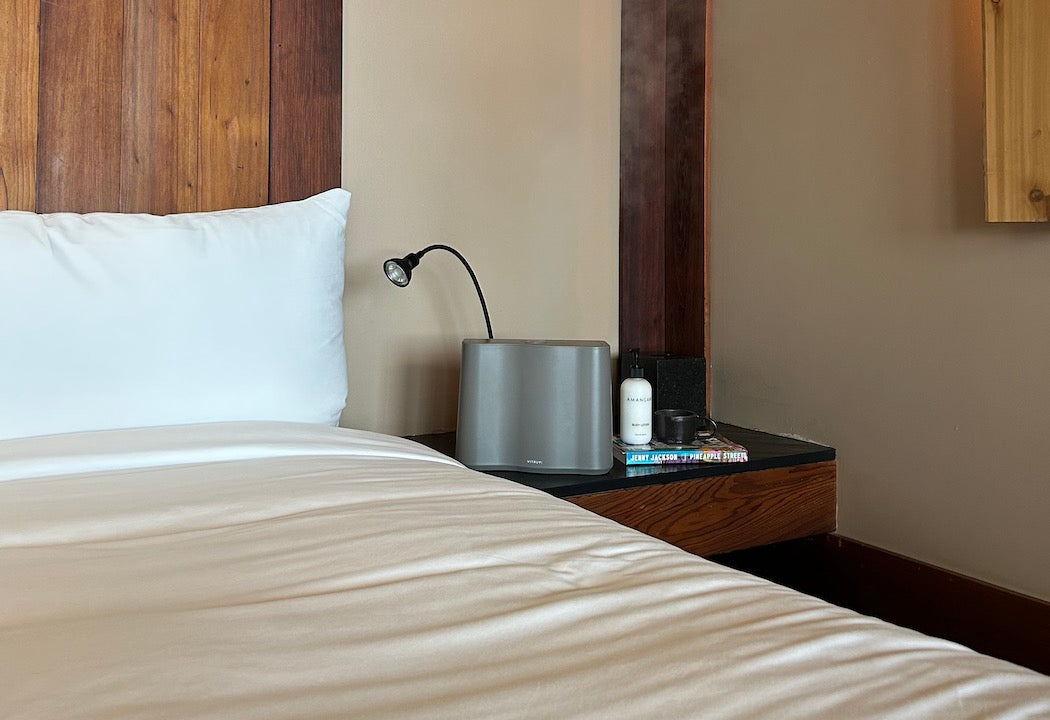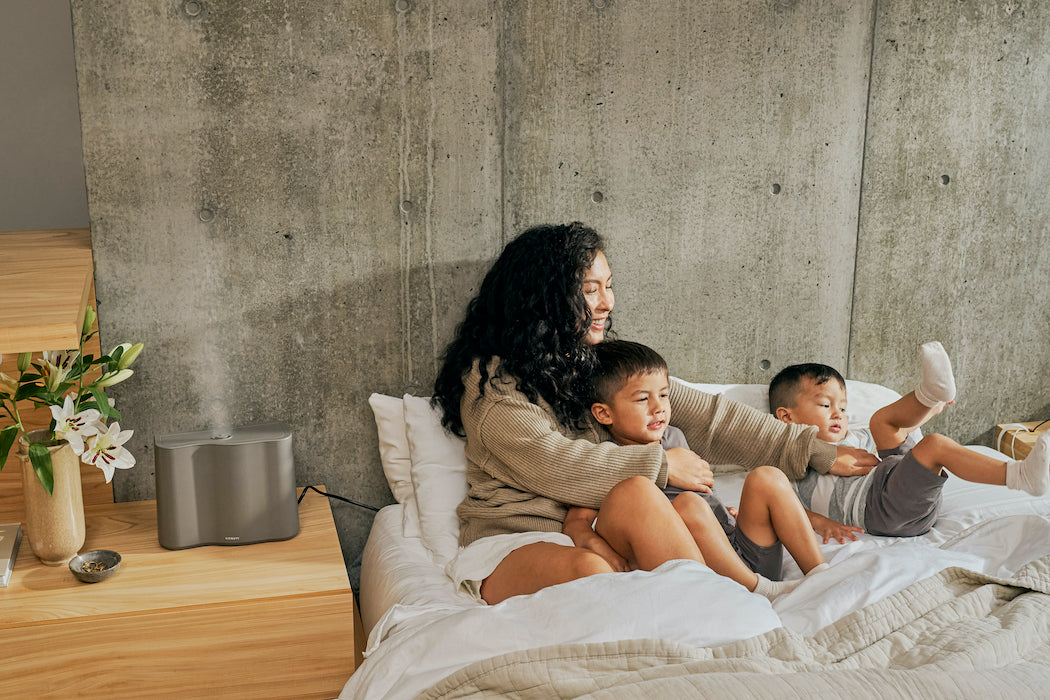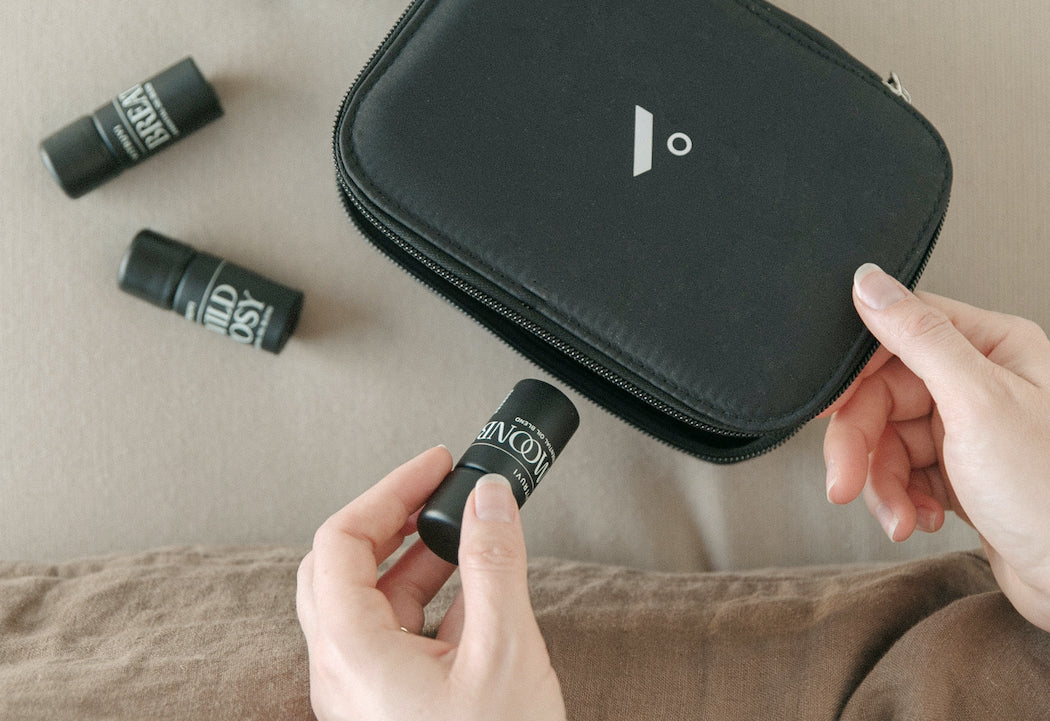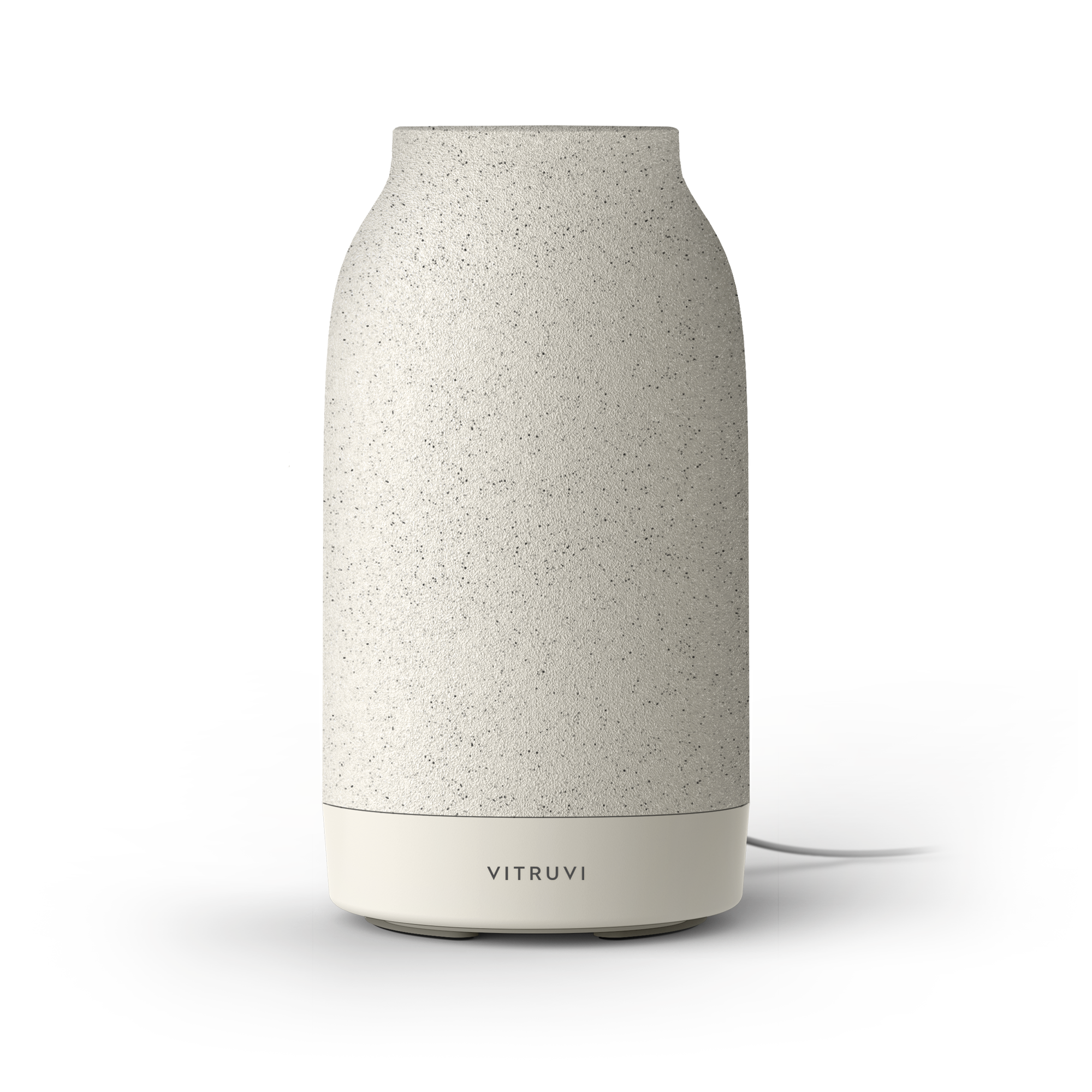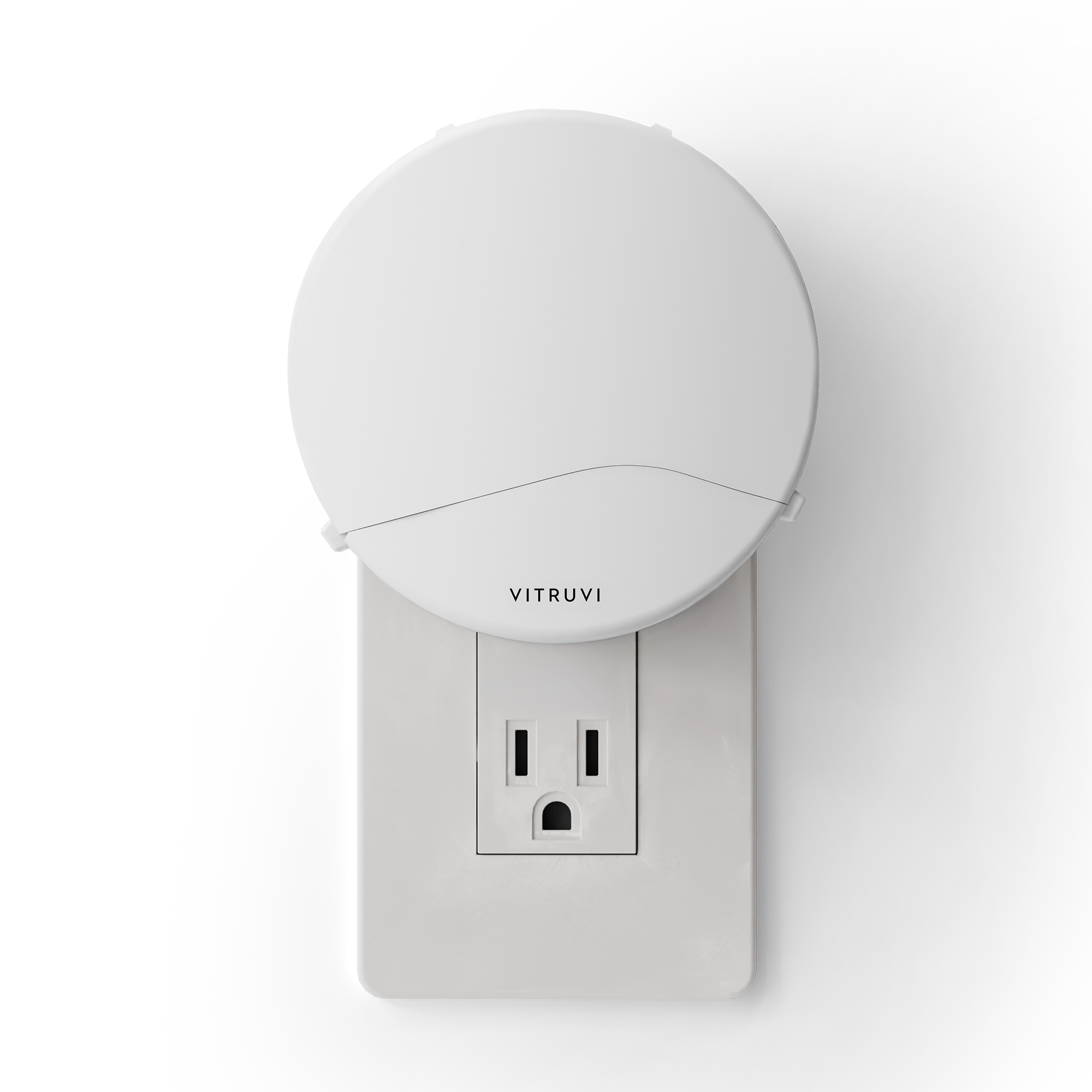Having values around the way we shop is good and important. Supporting the companies that seem to be really, truly moving the needle in terms of transparency, sustainability, and ethical production is a great way to move the needle in our own lives. But having values is one thing—being able to actually shop by them is another altogether.
The problem is that a lot of companies participate in greenwashing, or claim transparency in their supply chain without actually showing consumers anything of substance. It can make shopping an annoying task on the best of days and an impossible one on the worst: who can we actually trust? Who is actually putting their mission into practice? That’s why an ecommerce site like Rêve En Vert is such a welcome way to shop. The luxury digital marketplace only carries brands that are vetted personally by the company’s cofounder and CEO Cora Hilts, who uses her exacting standards and inquisitive nature to verify the adequacy of every new partnership.
“I’ve always stuck to my guns on this: at the beginning I said that we would only ever stock independent brands. Because even with the best will in the world, I think that once brands become part of bigger corporate structures, we cannot possibly have the same amount of accountability,” Hilts says via video from her home in Maine. “Also, at the end of the day, I think that we live in a time when the financial system is hugely corrupted and does not work for the vast majority of the people who live on this planet. And so I’m very conscious about putting money into the hands of independent designers and people who tend to do the right thing with it—trying to redistribute a little bit of this insane wealth inequality.”
Hilts studied environmental politics and sustainable development at The American University of Paris, and then got her master’s in sustainable development from King’s College London. It was in a lecture on renewable energy during her master’s program that she got the idea for an ecommerce site that took the guesswork out of values-based shopping.

“My professor was like, ‘After energy, fashion and consumption is one of the biggest issues.’ And I remember just being really shocked,” she recalls. “Everyone knows that now, but this was 10 years ago. It really seemed shocking to me that something so beautiful could have such an ugly impact.” And then, the a-ha moment: what about creating a marketplace of sustainable, ethical items that didn’t sacrifice aesthetic? A cherry-picked collection of products for which the health of the planet and its people was built right into the foundation?
From swimwear (Arloe, Tona The Label) and knitwear (Harvest & Mill, Riley Studio) to skincare (Whimsy Official, Shelby Naturals) and makeup (Madame Gabriela, Juni Cosmetics), Rêve En Vert is a one-stop shop for anyone who wants to buy more sustainably. Of course, browsing Rêve is only one way to adopt more eco-friendly and ethical purchasing habits; aside from shopping on her site, Hilts’ number-one tip is to ask questions.
“Question your mattress; question the way you travel; question the food you eat—question everything. People think that’s a really scary, big thing to do, because it’s going to open this Pandora’s box. Which it will, to be honest,” says Hilts. “But I always try to think about how when we’re kids, asking questions is a really good thing. And then as we get older, we’re taught not to ask questions, because we want to keep our eyes down; the world around us is big and scary to take in. When did we lose that childlike ability to just be like, ‘But why?’”
It’s a question that Hilts and her husband are asking throughout their own home; they recently purchased an old farmhouse that they are painstakingly restoring. It’s forced them to look at everything: from what’s in their paint to whether or not they’ll tear down existing walls. It’s been a lesson in exploration, in patience, and in restraint.

“The owners before us ripped out all the original hardwood pine floors from the 1860s and put down beige carpet,” Hilts says with bewilderment. “So we’re now working with a local craftsman here in Maine to find reclaimed wood floors. We’re really trying to honor what the house should be. And then working with furniture companies that are made to last. I think with a home renovation, you move in and you want to do everything right away—and what we’re trying to be is like, ‘We don’t have to get the perfect furniture right now. Let’s wait until we find it.’ So the house looks a bit empty, but I’d so much rather fill it with meaningful, timeless investment pieces than try to do it all at once.”
It’s an easy lesson in sustainable living: buy less things, buy them less often, and buy them of superior quality. Not sure where to get started? We might know a place.



